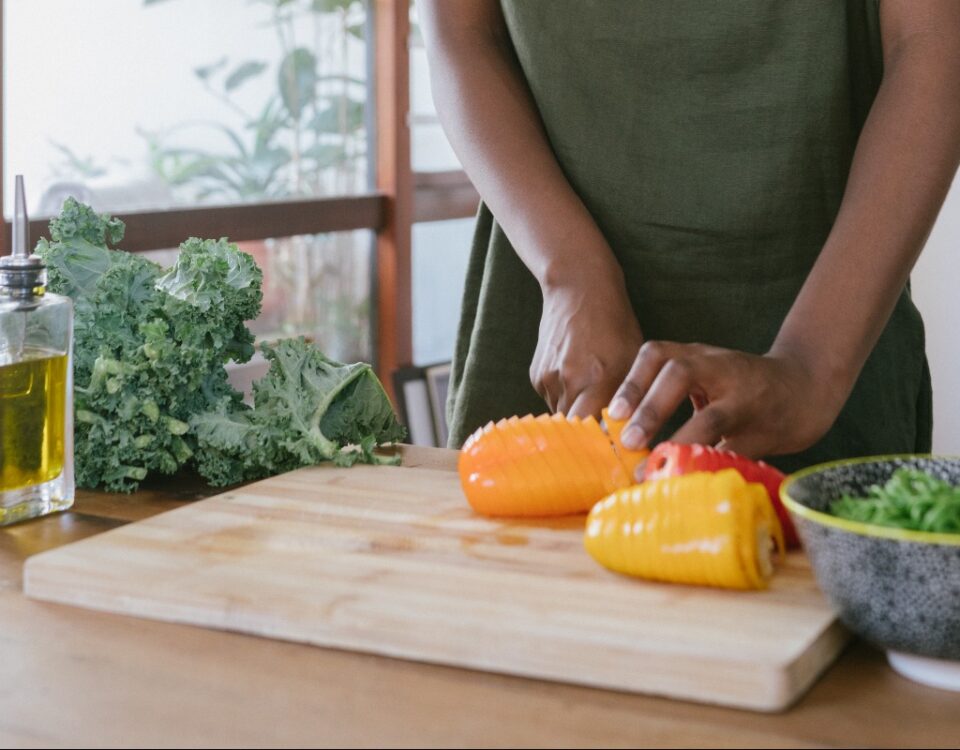
Why Christmas is the Most Wonderful Time of the Year to Stay Sober
December 5, 2018
Twelfth Month: Twelfth Step
December 6, 2018Each year, the holidays bring a wave of excitement — parties, visits, traveling and more. Although all the hustle and bustle is accompanied by a sense of seasonal joy, it can also be stressful. There are so many people to see and things to do that this time of year can feel like a whirlwind without a moment to relax. For many, this simply means breathing a big sigh of relief once January 2nd rolls around. But if you’re entering this holiday season in recovery from addiction, you might be more worried about making it through the next month while keeping your sobriety and your sanity intact.
The holidays are rife with common triggers for people in recovery. Parties often include alcohol and unhealthy foods. Traveling interrupts the comfort and safety of your everyday routine. And you may also be worried about the pressures of seeing family and friends who have expectations about your health and recovery.
But with the right mindset, all these worries can be left behind so you can navigate the holidays with a sense of calm and ease. Instead of focusing on the anxiety of facing your triggers, set your sights on the future with mindfulness. Look inward at yourself and your personal goals, put yourself and your health first, and take every moment as an opportunity to practice the things you’ve learned on your path of recovery.
Saying Yes to Recovery, and No to Temptation
We live in a culture of “yes” — we are taught that “no” is disappointing, rude or hurtful. We don’t want to let people down, so we may agree to things that aren’t good for us in order to avoid saying no. But when you are in recovery, you can and should say no to things that put your sobriety at risk.
Around the holidays, you might find yourself facing many different yes or no scenarios. You might be wondering if it’s okay to turn down your neighbor’s holiday party invitation, or if you can choose to spend a quiet evening at home instead of attending your niece’s Christmas pageant. You might be offered drinks you shouldn’t take, especially if some family members haven’t heard about your recovery. You could find yourself facing a choice between sticking to your dietary plan or telling your grandmother that you don’t want a second helping of her apple pie.
In each of these cases, it’s okay to say no. In fact, saying no is what’s best for you — it will prevent you from becoming stressed out or overextended, from breaking your routine or from straying from your hard-won path of recovery. Saying no might be uncomfortable at first, but this is where mindfulness can help — each time you find yourself worrying about how “no” will sound, examine why you feel that way. Soon enough, your mindset around saying no will change from feeling worried about how others will perceive it, to feeling empowered in your ability to put your sobriety and wellness first.
Facing Family Members With ConfidenceThe holidays often mean big gatherings of family and friends, some of whom may know about your struggle with addiction and some of whom may not. Being around this mix can be stressful. You might harbor some shame about your substance abuse and you might be worried that someone will find out. You could also feel that people who do know are judging you or trying to police your actions. It can be difficult to relax and have fun when you’re worrying about what everyone else is thinking about you, and the pressure of “being on your best behavior” is a major trigger for many people.
But mindfulness can again make these situations manageable, and help give you a better mindset when it comes to get-togethers or unfamiliar group interactions. Thinking critically about why others’ opinions matter to you often leads to the conclusion that you shouldn’t let their judgments influence how you view yourself. You know yourself better than others do; you know where you are on your recovery journey, and you should be proud of how far you’ve come instead of ashamed of your past. You also know that you don’t need others’ reproaches in order to stay sober. What’s more, you might be surprised to learn that many of these worries are only in your own head — most often, your loved ones are happy for you and are excited to see you in good health.
As the new year approaches, make a point to try turning those assumed negatives into positives. If your Aunt Joan is whispering in the corner, go join her conversation instead of getting worried that she might be talking about you. When Mrs. Smith from next door asks where you’ve been lately, don’t feel like you need to lie about your hard work getting clean and sober. Embrace yourself and your recovery and let that confidence shine through.
Maintaining Your Comfort Level
Routine is essential to maintaining your recovery. Many people work hard to create daily schedules to fill their time with healthy and productive activities. Staying busy and developing healthy habits keeps you from turning to drugs or alcohol when you feel bored or lonely. But with all the people to see and places to be over the holidays, this comfortable routine could be in jeopardy.
In the weeks leading up to your busiest days, check in with yourself regularly — what are the key elements of your routine that help keep you grounded? Perhaps it’s a morning jog, a quiet afternoon cup of tea or a journaling session before bed. Maybe your local support group meeting is the highlight of your week, or you never feel quite as good on Monday morning if you skip a religious service on the weekend. Whatever habits work best for you, make a point to identify them so you can build a holiday schedule for yourself that still incorporates them. If you’re traveling, be sure to bring important items with you. You can also look up support groups, yoga classes, churches or temples and other meeting places you frequent that are local to where you’ll be staying.
Remember to leave time in your day for the essentials, and to take extra time when you need it. It’s okay to excuse yourself from family activities to meditate, or to leave a party early to make sure you get a good night’s sleep. Whatever your holiday obligations might be, your first obligation is to yourself and your health. Use this time to make sure you’re sticking to the parts of your routine that you need most, and to stay true to them moving forward in the new year.
And finally, be forgiving with yourself. Know that there will be moments when you feel stressed or tempted, and that it’s okay to feel that way. Make sure you have a lifeline — a sponsor, counselor or dedicated family member — who you can call or turn to if you need support. Consider checking with your treatment program to see if they have options like a continuing care program; you may want to enroll in services like these temporarily to make sure you get through the holidays safely.
At The Kimberly Center, we offer continuing care for individuals who have completed residential or intensive outpatient programs and who are working on their transition into independent life. If you are in the Fort Myers, Florida area and are interested in these services, please contact us to find out whether we can help you. Call us at 855-452-3683 to learn more.




